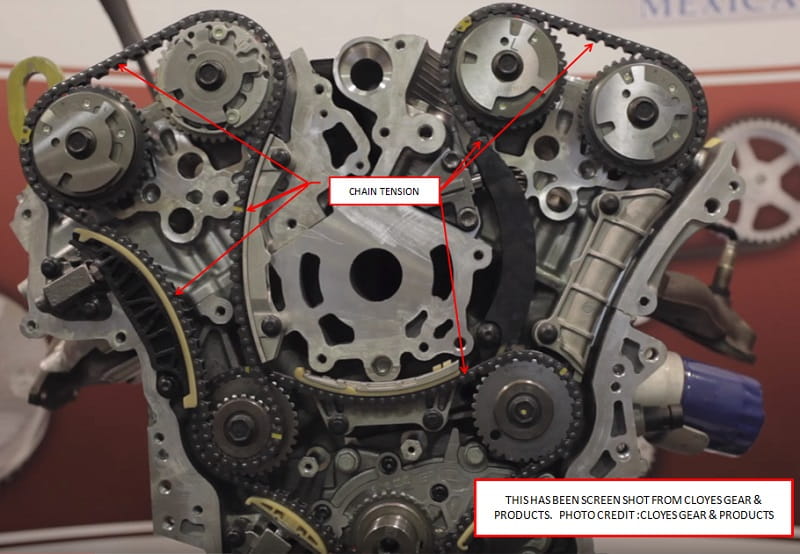Chevy Volt P1e00, catdumptruck.com | If your Chevy Volt has a trouble code P1E00, there are a few things you should know before calling your mechanic.
First, this trouble code is the manufacturer’s request for a technician to check the EV/Hybrid control module, which is separate from the engine’s control module. This code is informational, but you can find the real code with a dealer-level scan tool.
Chevy Volt P1e00 – What to Do If Your Chevy Volt Has Trouble Code P1E00
GM Recommends Changing The Spark Plugs at 97,500 Miles
The Chevrolet Volt’s maintenance schedule includes rotating the tires every seven years, checking the oil life percentage, and changing the engine oil and filter. Other maintenance tasks include inspecting the evaporative control system (ECS), replacing the passenger compartment air filter, and changing the spark plugs every 97,500 miles. Tires should be rotated every seven to twelve thousand miles.
If you notice these symptoms, it’s time to get your car checked. Bad spark plugs can make your engine struggle, resulting in poor gas mileage and uneven performance. If you notice these symptoms, you should make an appointment with a qualified Chevrolet certified service center. The recommended interval is listed in your Chevrolet owner’s manual.
The Chevrolet Volt battery is very durable, lasting about 200,000 miles. However, you should consider the deterioration of your battery if you live in a salt belt. It’s best to wash your vehicle regularly and keep it in a garage. The car’s battery should last between thirteen and twenty years based on average use. If you have the right maintenance routine, you can expect your Chevy Volt to last for 200,000 miles or more.
Chevy Volt P1e00 – What to Do If Your Chevy Volt Has Trouble Code P1E00
GM Recommends Changing The Spark Plugs at 200,000 to 300,000 Miles
The Chevrolet Volt needs to be serviced more often than the Nissan LEAF. It should have an oil filter check every 15,000 miles and undergo corrosion checks in salty or coastal areas. Every 24 months, the car should have its coolant changed. The technician will also perform a shift lock control function check. It is also recommended to change the spark plugs every 100,000 miles.
When the spark plugs are deteriorated, the engine struggles. The check engine light may flash or remain solid. Other symptoms of a faulty spark plug include engine vibrations, rough idling, poor gas mileage, excessive cranking time, power loss, surging, and even the car failing to start. In severe cases, a driver may even experience a cold start.
The Chevrolet Volt has three model years. The earlier models are more reliable than the later models, although this doesn’t necessarily correlate to overall performance. Motor Biscuit calls the 2013 model as the most reliable one, but most of its problems are related to the interior accessories. However, the issues with the 2012 and 2017 models are related to the major components of the car.
GM recommends changing the battery at 200,000 to 300,000 miles
P0017 Chevy Traverse Trouble Code
The manufacturer of the Chevrolet Volt (P1) recommends replacing the battery every 200,000 to 300,000 miles, so you should keep this in mind. Battery degradation can lead to a malfunctioning electrical system and a loss of power. Fortunately, the battery in your 2012 Chevrolet Volt has been tested to 400,000 miles, a record that has only been exceeded by one other EV.
Changing the battery can also extend the life of your vehicle’s hybrid systems. Hybrid car batteries typically last between 100,000 and 150 thousand miles, but they can be expensive to replace. The regenerative braking system converts kinetic energy into electrical energy, extending the lifespan of the brakes. Depending on how you drive and how often you brake, you can expect your tires to last up to 40,000 miles.
If you take care of your Chevy Volt, the battery should last for about 200,000 miles. However, some batteries may be prone to rust, especially if you live in the Salt Belt. As a result, it’s a good idea to regularly wash your Volt to protect it from rust. Additionally, your car should be garaged to prevent rust. The Chevrolet Volt is a great vehicle to purchase, but a good maintenance plan will extend its life.
Although GM recommends replacing the battery in Chevy Volt vehicles, if you plan on maximizing its efficiency, you should do so regularly. After all, it’s a good idea to replace your battery before your car needs a full gas tank. It’s also recommended that you check your battery’s capacity every couple of years, whichever comes sooner is better.
In addition to batteries, other issues can include a malfunctioning steering wheel, seat belts, and brake calipers. However, these problems don’t always correlate to overall performance. The Motor Biscuit website calls the 2013 model the best of the three, but there are many problems with the 2012 and 2017 models. Thankfully, the battery replacement interval is 2,000-3,000 miles for the Chevrolet Volt P1E00.
https://www.engine-codes.com/p1e00_chevrolet.html
https://www.gm-volt.com/threads/volt-2011-code-p1e00-check-engine-light-on.310994/
- Dump Truck Size in Meters: A Comprehensive Guide - April 26, 2025
- Dump Truck Size in Yards: A Complete Guide - April 26, 2025
- Mining Dump Truck Size: A Detailed Overview - April 26, 2025






